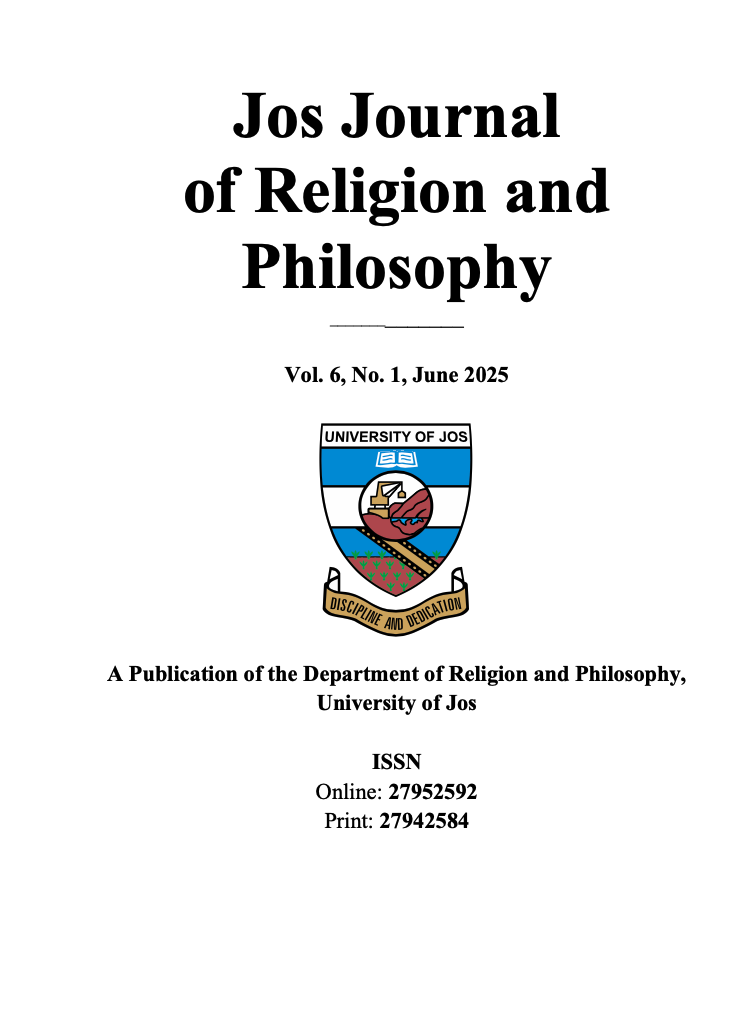THE ROLE OF ALEKWU IN CURTAILING PROMISCUITY AMONG MARRIED WOMEN IN OROKAM, OGBADIBO LOCAL GOVERNMENT AREA OF BENUE STATE
摘要
This study examines the role of Alekwu, a traditional institution, in curtailing promiscuity among married women in Orokam, Ogbadibo Local Government Area of Benue State. Using a mixed-methods approach, the research investigates the cultural significance of Alekwu and its impact on the behaviour of married women. The findings reveal that Alekwu serves as a social control mechanism, promoting moral values and norms that discourage promiscuity. The institution's initiation rites, counseling, and surveillance are found to be effective in instilling discipline and responsibility among married women, thereby reducing promiscuity. The study concludes that Alekwu plays a vital role in promoting family stability and moral regeneration in the Orokam community. The research contributes to the understanding of traditional institutions as agents of social change and moral regeneration and provides insights into the development of strategies for reducing promiscuity and promoting family stability.


